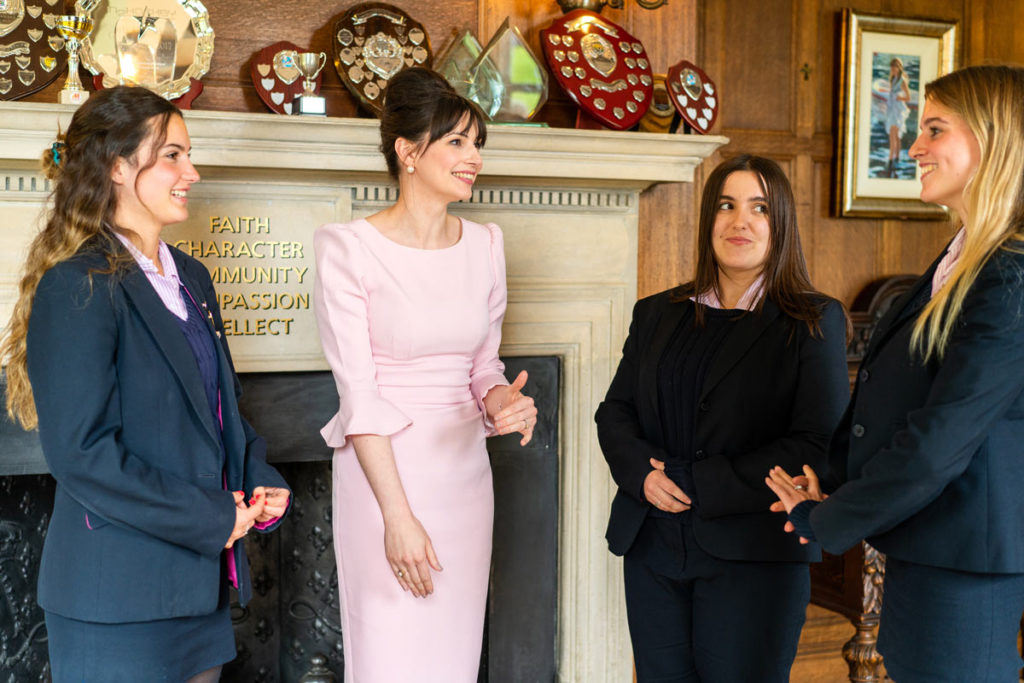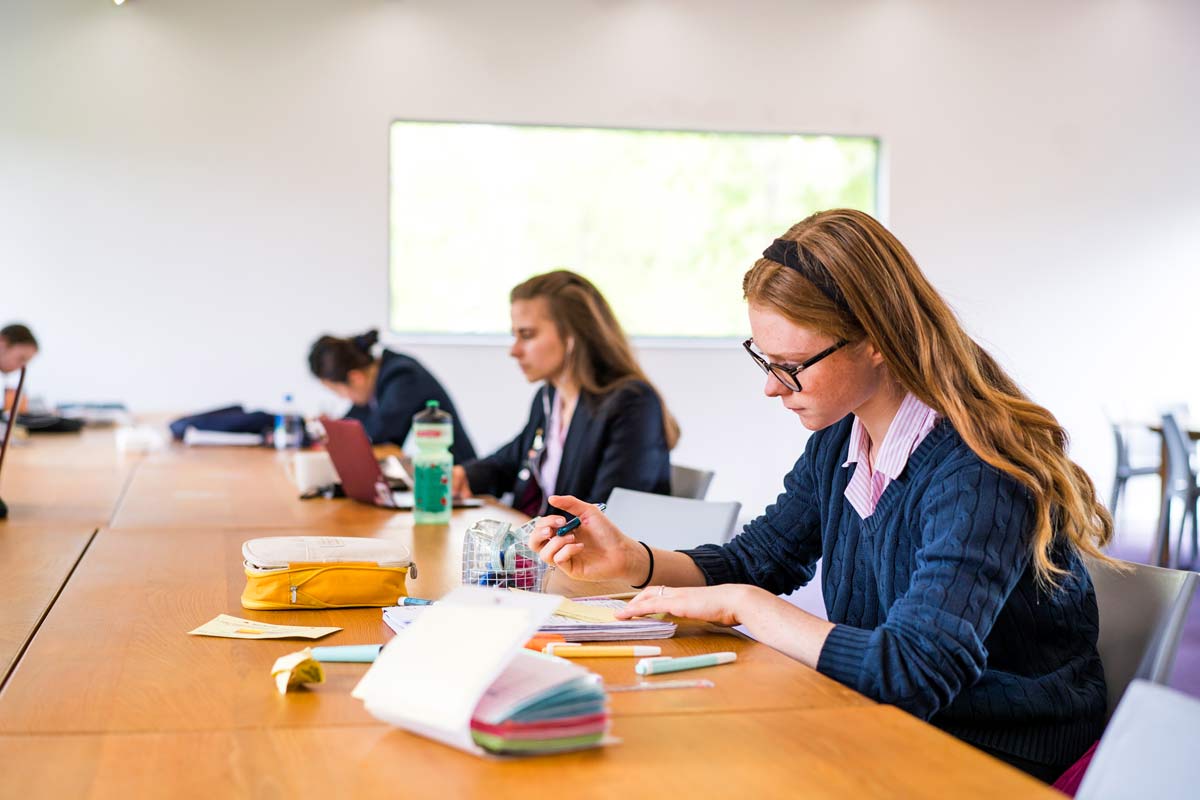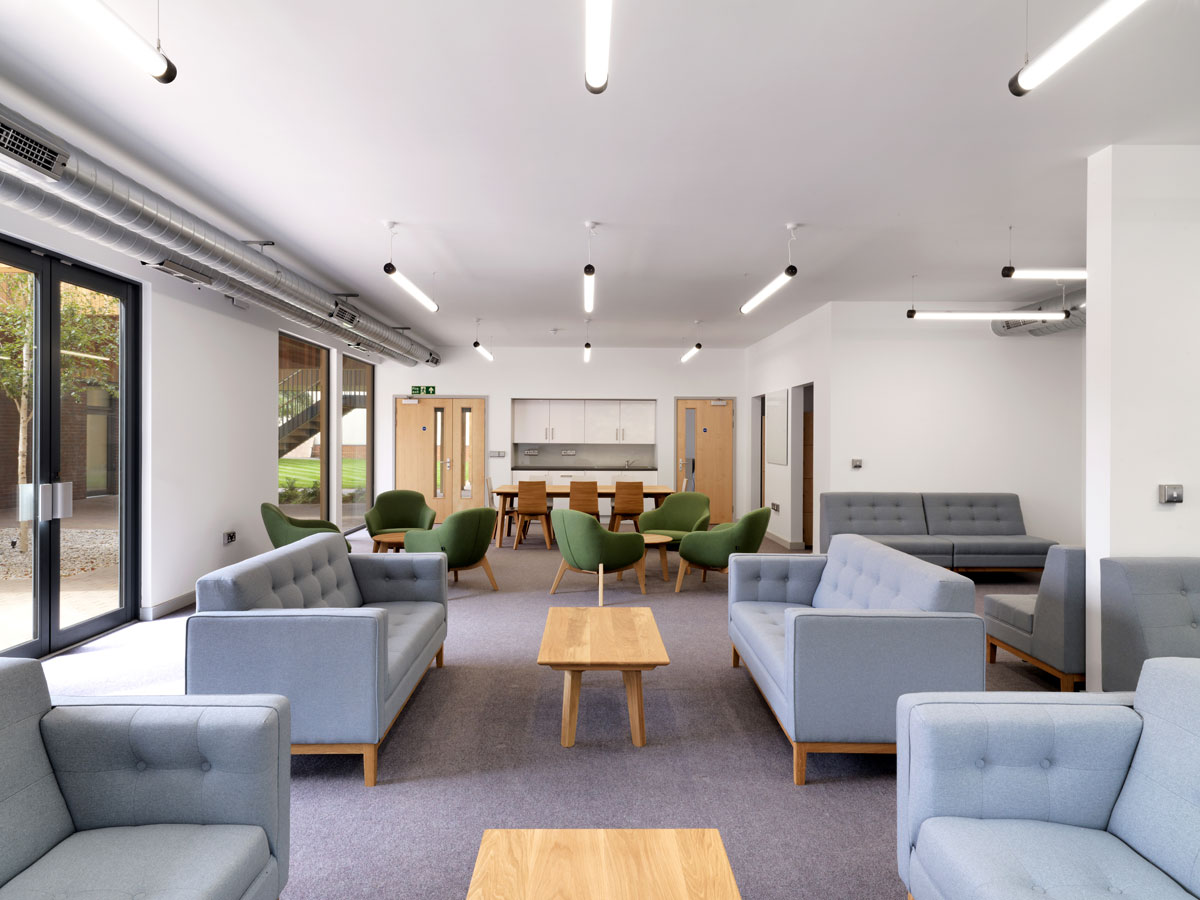Sixth Form Academic
→ STE Sixth Form Course Guide 2024-25 (PDF)
As a Sixth Form we ensure that our students leave us as ambitious, self-sufficient and mature young people, equipped to face the challenges of higher education and the workplace.
Our Sixth Form Enrichment programme is both embedded within the Sixth Form timetable and offered as a co-curricular option for Sixth Form students, providing them with the opportunity to design their own Sixth Form timetable including additional qualifications, extension beyond the A Level curriculum or co-curricular interests.
The Enrichment Programme includes both optional and compulsory elements under the following categories:
– Music
– Sport
– PSHE
– EAL
– Supervised Study
– Current Affairs
– Volunteering
– Learn A New Skill
– Ethics
– The Sixth Form Wellbeing Programm:
- Mindfulness
- Wellbeing
- Yoga
- Meditation
- The CALM Initiative
– The Careers Programme:
- Apprenticeships and Internships
- Summer Work Experience
– The VESPA Study Skills Support Programme
– The Aspirations Programme:
- TED Talks
- The Sixth Form Lecture Series
- Extended Project Qualification (EPQ)
- The TEFL Qualification
- Core Maths
- Maths Masterclasses with The Royal Institute
- Termly Sixth Form Aspirations Newsletter
- MOOCs
- MODE Magazine
Further enrichment activities are also available within our whole school co-curricular timetable, please be aware that some of these activities can involve additional cost: Music Lessons, Duke of Edinburgh Awards, LAMDA, St Teresa’s Equestrian Centre and Effingham Schools’ Tennis Academy.



